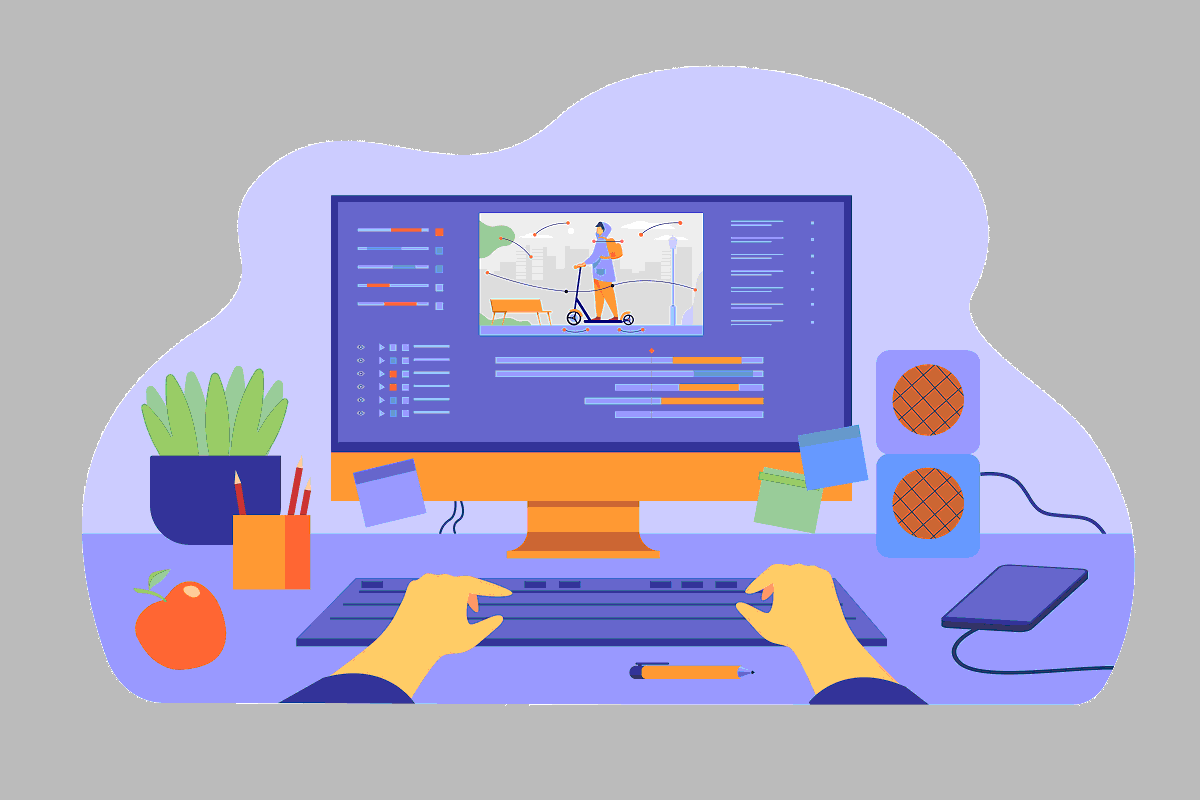
Computers have become an integral part of daily life for many people. From smartphones to laptops, they are used for work, entertainment, communication, and even education. However, as technology continues to advance and the reliance on computers grows, it's important to consider the impact it has on individuals and society. This article will examine the issue of human overreliance on computers, the consequences it can have, and steps individuals can take to reduce their dependency and find a healthy balance with technology.
Human Reliance on Computers
According to a survey by the Pew Research Center, 95% of Americans own a smartphone and 45% say they could not live without it. This growing dependence on technology has led to an increased reliance on computers in all aspects of daily life. Many people use computers to keep in touch with friends and family, to access news and information, to shop, and even to manage their finances. The convenience of computers has made them an essential tool for many people.
Impact of Computer Dependency
The overreliance on computers has both positive and negative effects. On one hand, computers provide individuals with access to vast amounts of information and allow them to complete tasks more efficiently. On the other hand, excessive screen time can have negative impacts on physical and mental health. A study by the World Health Organization found that prolonged screen time can lead to a number of negative health effects, including neck and back pain, sleep disturbances, and eye strain.
Additionally, the dependence on computers can negatively impact social skills. With the rise of social media and instant messaging, face-to-face communication has become less common. This can result in difficulty in building relationships, making meaningful connections, and developing interpersonal skills.
Consequences of Computer Overuse
The consequences of computer overuse are significant and far-reaching. Excessive screen time can lead to physical health problems, such as neck and back pain, eye strain, and sleep disturbances. It can also have negative impacts on mental health, including anxiety and depression.
In addition to these personal effects, overreliance on computers can have negative consequences for society as a whole. For example, excessive screen time can lead to a decrease in productivity as individuals become distracted and less focused. It can also contribute to the spread of misinformation, as people rely on the internet for information without checking the credibility of sources.
Finding a Healthy Balance with Technology
It's important for individuals to find a healthy balance with technology, reducing their reliance on computers and minimizing the negative effects it can have. Some tips for reducing computer dependence include:
- Setting aside specific times each day for technology use
- Limiting screen time before bedtime
- Engaging in physical activity and other forms of exercise
- Spending time with friends and family and engaging in face-to-face communication
- Taking regular breaks from screens
- Implementing technology-free days or "digital detox" periods
A case study of a successful tech entrepreneur who realized the negative impact his excessive screen time was having on his mental health and made conscious efforts to reduce it serves as an example of how individuals can find a healthy balance with technology. Additionally, an example of a school that implemented a "digital detox" program for students, allowing them to disconnect from technology and improve their social skills, demonstrates the potential benefits of reducing computer dependency.
Strategies for Reducing Overreliance on Computers
- Set boundaries: Establish specific times during the day to unplug and limit screen time. This could mean not using technology during meals or after a certain hour in the evening.
- Engage in alternative activities: Find new hobbies and interests that don't involve screens, such as reading, playing sports, or volunteering.
- Encourage physical activity: Regular exercise has been shown to have a positive impact on mental health and can help break the cycle of overreliance on technology.
- Foster relationships: Spending time with friends and family, face-to-face, can improve social skills and reduce dependency on technology for socializing.
- Get enough sleep: Making sure to get a good night's sleep can improve physical and mental well-being and reduce the temptation to use technology as a form of stimulation.
Conclusion
In conclusion, the overreliance on computers is a growing issue with potential negative consequences for individuals and society. It's important to be aware of the impact of technology use and make conscious efforts to find a healthy balance. By setting boundaries, engaging in alternative activities, encouraging physical activity, fostering relationships, and getting enough sleep, individuals can reduce their dependence on technology and improve their overall well-being.
In the rapidly developing technological world, it's essential to be mindful of the role technology plays in our lives and take steps to minimize its negative effects. By following the strategies outlined in this article, individuals can find a healthy balance and live fulfilling lives, both on and off their screens.
Computer Computer Science




